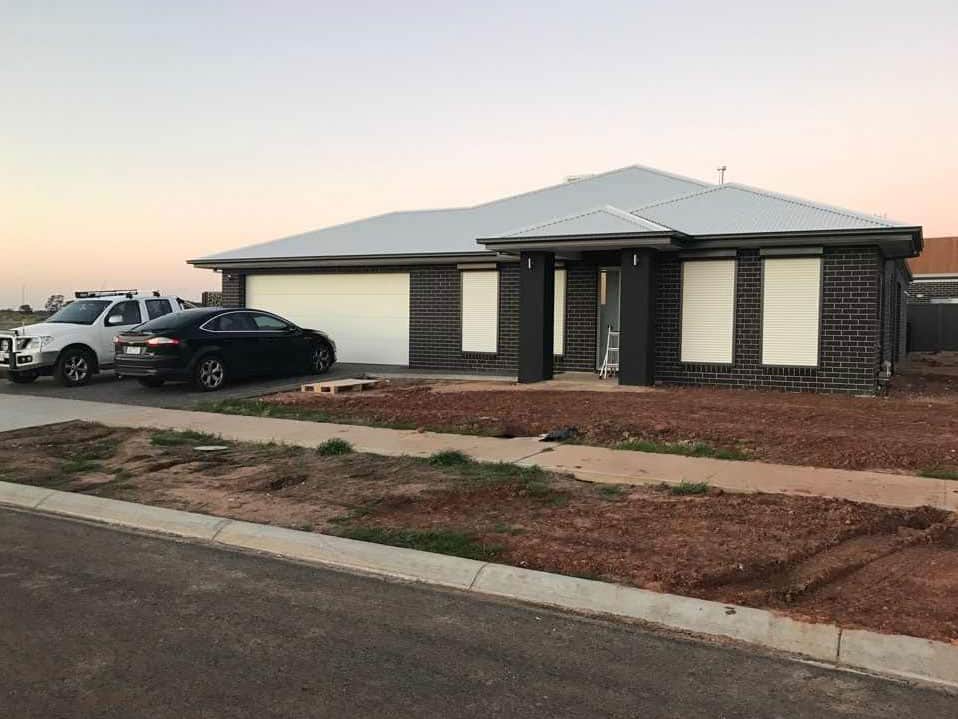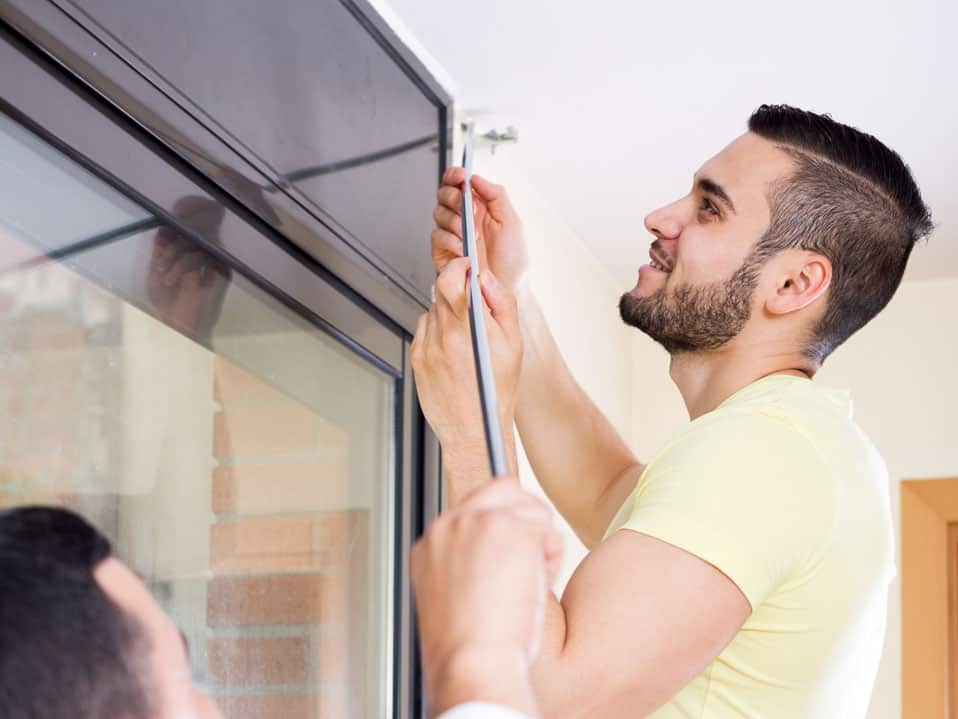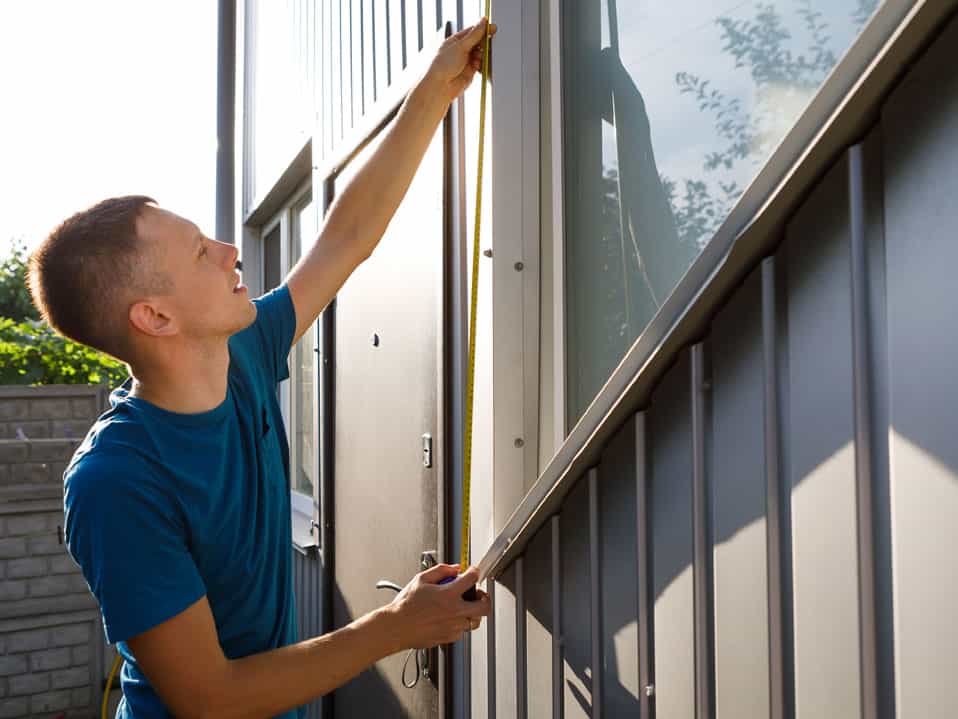Sleep For Overnight Shift Workers
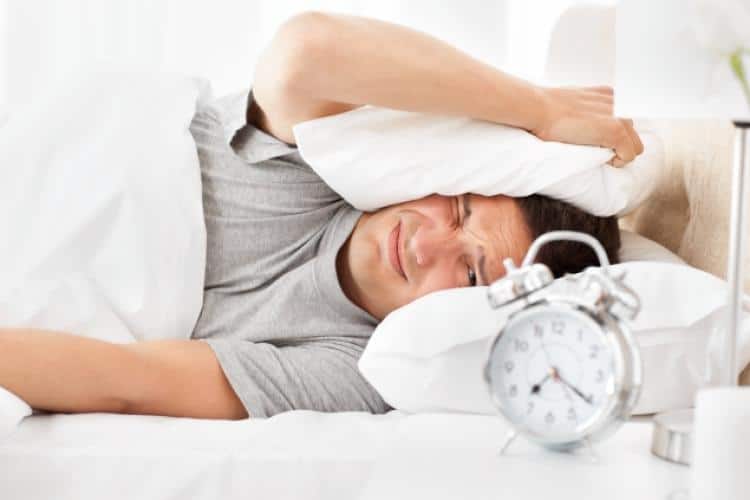
Overnight 3rd shift workers & other professionals who work long into the night can often suffer from Shift Work Sleep Disorder. While many graveyard shift workers are familiar with this sleep disorder, others just consider themselves “tired.” How do you get a good night’s sleep when other people are mowing, driving, and the sun is making sleep hard to come by?
Recognise Shift Work Sleep Disorder
The first step in getting over sleep problems is realising you are having a real problem sleeping. If you are tossing & turning every morning when you get home from work and can’t sleep you turn 7-8 hours of regular sleep into 5-6 hours. If you do this most nights you are losing too much sleep and will be more than a little fatigued.
The symptoms of shift work disorder include:
- Excessive sleepiness when you need to be awake and productive.
- Insomnia – trouble falling asleep, or waking up before you’ve slept sufficiently.
- Sleep that feels insufficient or like you didn’t sleep at all.
- Difficulty concentrating during your work / awake hours.
- Lack of energy.
- Irritability or depression
- Difficulty with personal relationships (also due to irritability & lack of concentration.)
The Danger of Microsleeps
Excessive sleepiness goes way beyond a natural dip in concentration. It’s an ongoing & relatively constant symptom that interferes with your ability to work, study, or engage in social activities. If you work hard you should be fatigued. There is a difference between being tired and constantly being unable to stay awake and keep alert.
People who are very sleepy can actually experience something called a “microsleep,” a brief moment of falling asleep. A microsleep is involuntary and lasts just a few seconds but can be very dangerous if it happens while you are at work or driving home in the early hours. If you feel like you’re going to fall asleep if you don’t “try harder” to stay awake, it’s not you. Microsleeps are, again, involuntary. Microsleeps often occur as a result of sleep deprivation and are a consequence of Shift Work Sleep Disorder.
Getting Better Sleep
Your body is not equipped to work late into the night. Stimulants, such as caffeine, can help get you through the night but when your attention flags for a moment on the highway at 100 kmph you don’t want to wish you’d had one more coffee.
Here are some tips to getting a good morning’s sleep once you arrive safely home:
- Try to avoid frequently rotating shifts – stick to a schedule, even if it is inconvenient to do so. Your body will adjust if you allow it to.
- Keep your workplace bright so your body knows to avoid a massive blast of melatonin that will help you fall asleep. Work should be light, home should be dark.
- Limit your caffeine. It may seem like a good idea to have a cup at 4 am to get you through but like dayshift workers who should avoid caffeine after dinner, you should likewise start to wind down naturally hours before you actually want to sleep.
- Block out the sunlight & noise. Once you get home it’s essential to find a quiet, dark space to relax and sleep. (Hint: Roller shutters are great for light blocking, noise reduction & creating a dark environment.)
- Turn off distractions. TV, phone, etc. should be off early. The blue light from your screens will keep you awake and the increased noise will distract and hold your attention, keeping you from that deep slumber.
Want more information on Shift Worker Sleep Disorder? Check out these great articles on WebMD & Sleep Foundation.
Follow these tips or buy Ultimate Roller Shutters and soon you’ll be sleeping like … well, these guys:
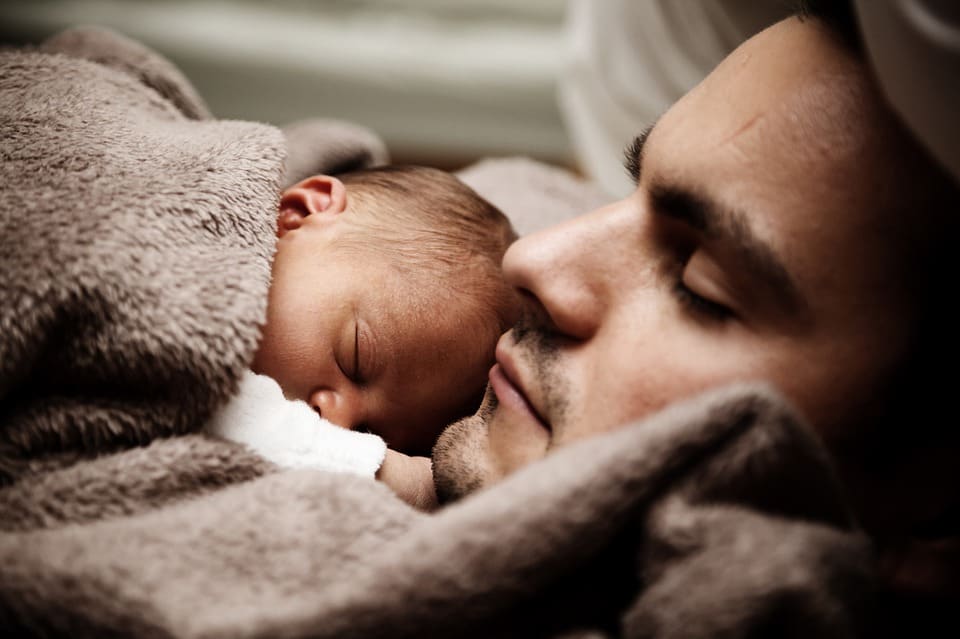
Subscribe to the blog
Subscribe




